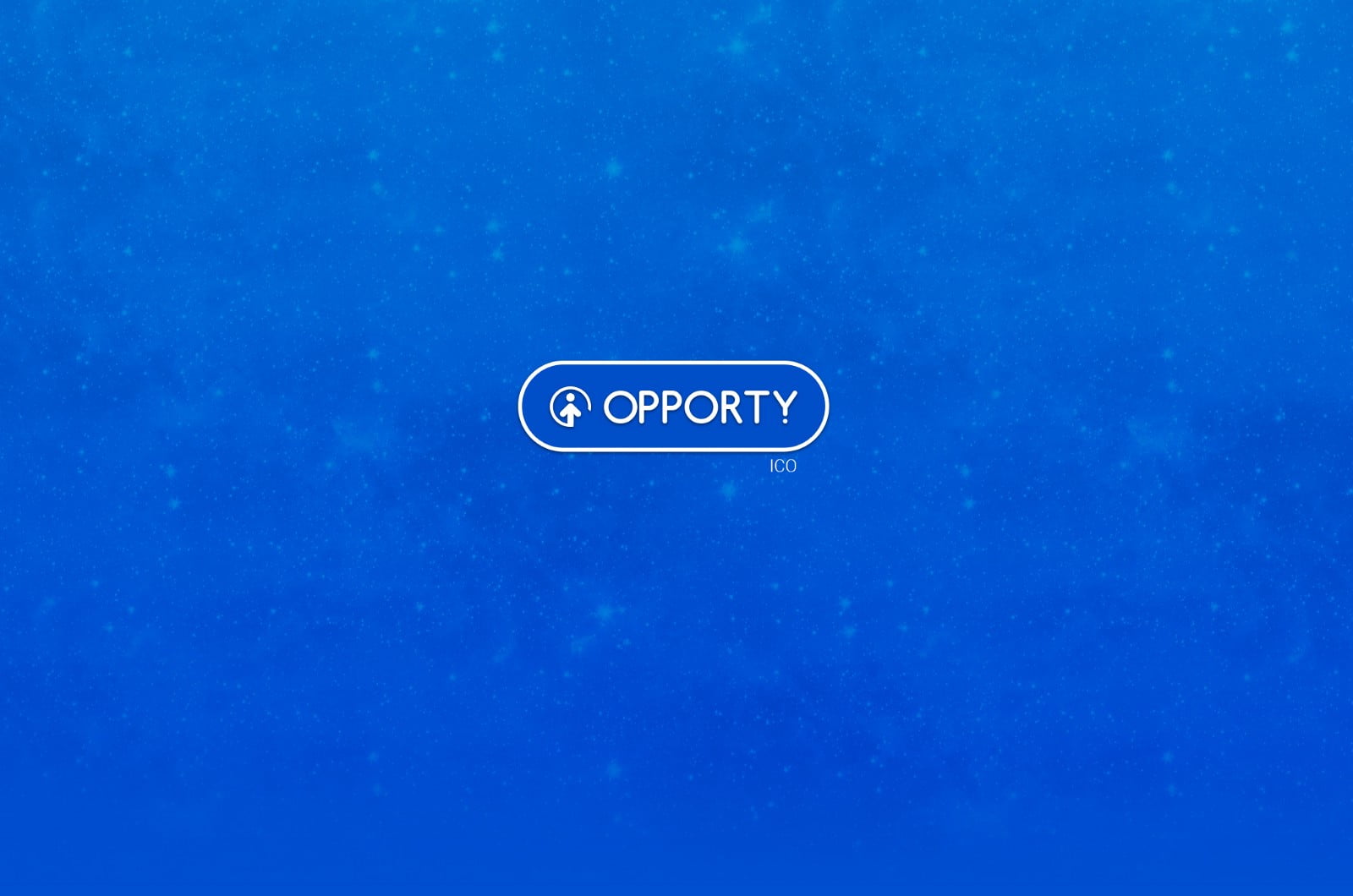The structures of traditional marketplaces are inefficient and unnecessarily complex, primarily due to their reliance on intermediaries and third party service providers.
Disclosure: This is a Sponsored Article
Companies and individuals engaging in trades, sales of goods, and exchange in services are required to depend on escrow services that often demand expensive service and maintenance fees. Such inefficiency and high costs involved in escrow services have created a difficult environment for startups, as the Opporty team explained:
“According to figures provided by the US Small Business Administration, only one out of five new businesses survives beyond the first year of operation. The remainder shut down because they fail to compete successfully against established companies, attract early adopters and scale up their businesses to start driving profits. Therefore, small and mid-sized businesses are pressed to offer high-quality services at competitive rates (presumably competitive enough to rival established businesses and corporations) and minimize back-and-forth negotiations when searching for service providers.”
But, in decentralized escrow systems and marketplaces built on top of immuable blockchain protocols such as the Ethereum blockchain network, it is possible to elimiate middlemen and create a peer-to-peer ecosystem wherein companies and individuals can process deals, sales, and payments transparently.
More importantly, with decentralized escrow systems, it is significantly more efficient and cost effective for service recipients to challenge the service provider with the quality of service it offers. The decentralized escrow system of Opporty is demonstrated by the infographic below:

Because Opporty provides a scalable ecosystem for companies, the development team aims to appeal to small and medium-sized companies. The Opporty blockchain platform enable startups to launch smart contracts on the Ethereum blockchain network to create contracts and settle deals, develop standardized contract terms, and receive approval from community experts.
“Opporty relies entirely on a decentralized methodology, but caters to small and medium companies, individual service providers, and ordinary customers. It fosters an environment where small businesses can realistically compete with bigger players and provide the market with much more flexible terms of service.” explained Opporty founder Sergey Grybniak.
Essentially, the Opporty Ethereum-based blockchain platform will operate as a peer-to-peer protocol for business-to-business (B2B) commerce and interaction, relieving companies of all sizes from legal conflicts, ambiguity in contract issues, and escrow failures.
Furthermore, through its OPP token and the tokenized economy of Opporty, the platform aims to cater to general consumers by introducing a crypto-token based on the Ethereum protocol that reflects real-world value based on actual services and goods.
“Opporty’s crypto functionality is powered by Ethereum, a blockchain-distributed computing platform, which simplifies administration of commercial smart contracts and ensures their enforceability. Blockchain-based gamification is at the core of Opporty’s ecosystem. Users can purchase and earn cryptocurrency (OPP tokens) to access a variety of services on the Opporty platform, or they may exchange tokens for fiat currency,” read the whitepaper of Opporty.
The ICO for Opporty’s native token OPP officially begins on October 18, in which 400 million tokens will be sold. The second phase of the ICO, which will act as a long term crowd distribution system, will release another 250 million tokens.

